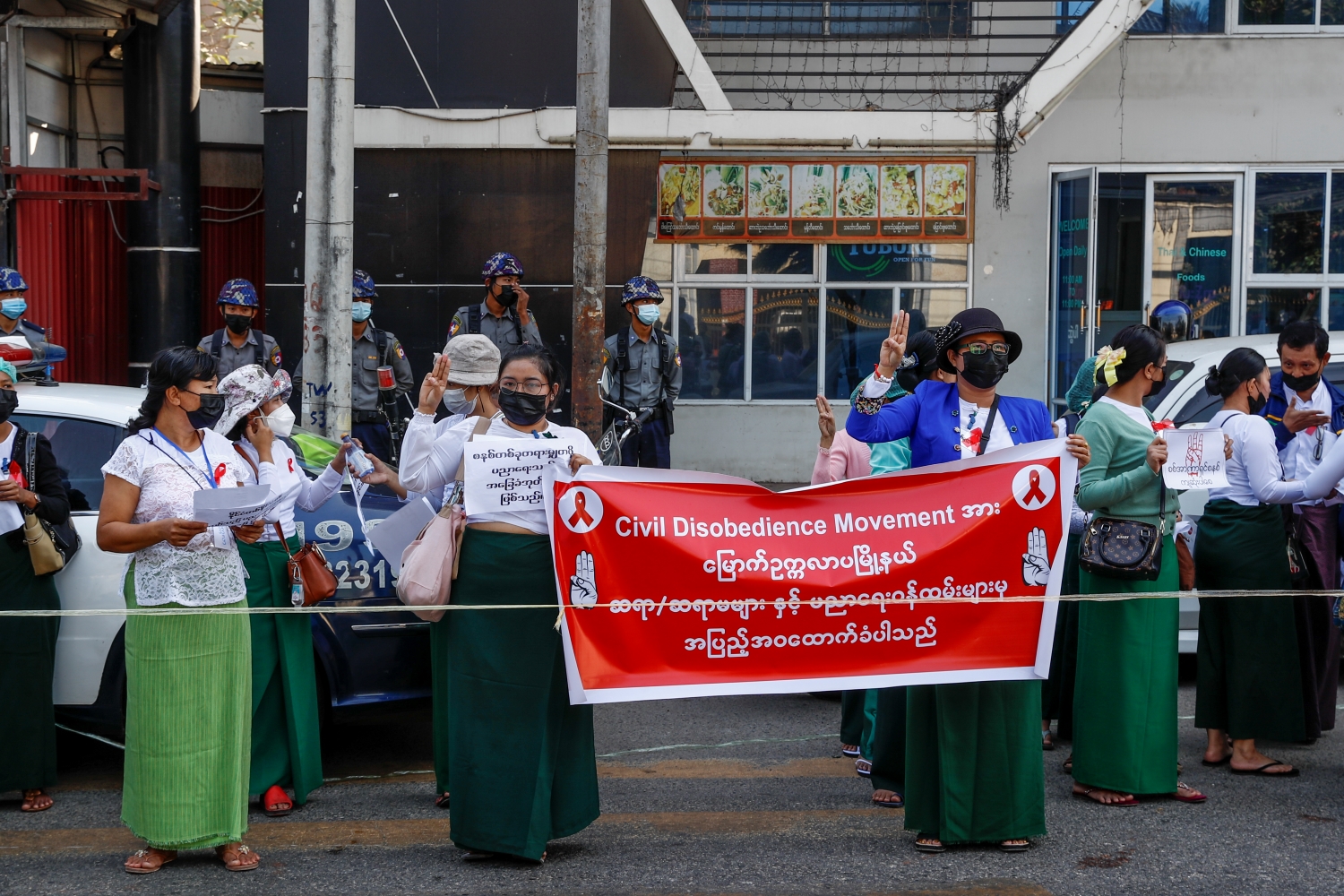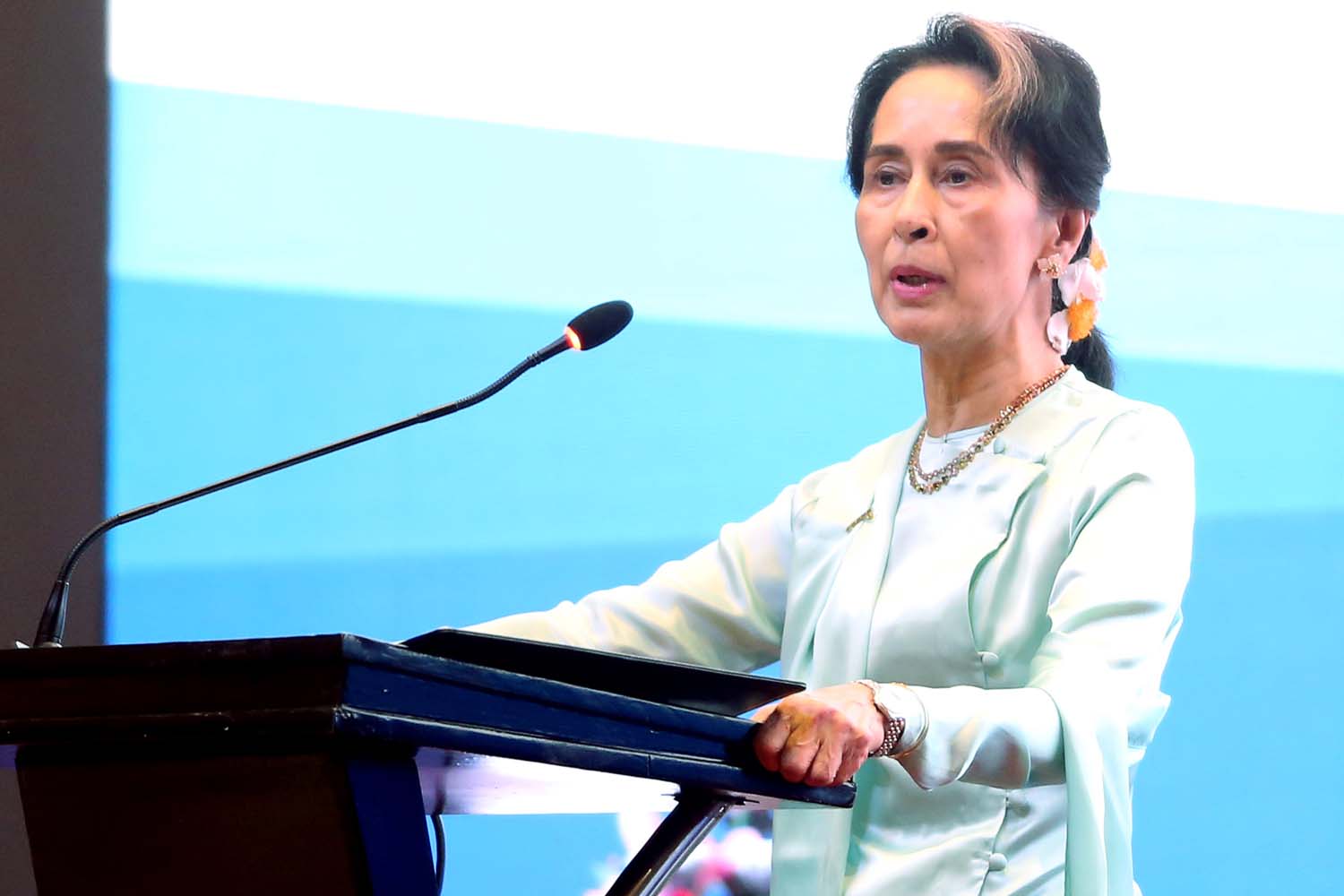There has been a largely positive response from members of the foreign business community to Myanmar’s new investment law, though they say that more needs to be done to help develop the economy.
The Myanmar Investment Law, approved by the Union Parliament last October and enacted on April 1, replaces the 2012 Foreign Investment Law and the 2013 Myanmar Citizens Investment Law. It includes major changes to the number of promoted sectors, tax incentives for investing in underdeveloped areas and a more prominent role for the Myanmar Investment Commission in dealing with relevant ministries in a move aimed at easing market entry.
“We tried to remove the uncertainty of the previous rules and regulations and we tried to enhance the clarity, as well the predictability and transparency,” said U Aung Naing Oo, the director-general of the Directorate of Investment and Company Administration and secretary of the MIC.
“The new investment law and new investment rules are much better than those of previous rules and regulations,” he told an event held to explain the rules at Yangon’s Sule Shangri-La Hotel on May 3.
The slow implementation of laws and policies and inadequate communication has created apprehension in the foreign business community about the National League for Democracy government’s approach to economic development.
Support more independent journalism like this. Sign up to be a Frontier member.
However, Aung Naing Oo gave an assurance that the government wanted to liberalise the economy “as much as possible”.
The government’s policy was to open Myanmar to investment, “which is very important for the country’s economic development,” he said.
Mr Edward Ratcliffe, director at the Myanmar office of Vriens & Partners, a government affairs consultancy, said the new law was “a major positive development”.
“It lays a solid framework that investors in Myanmar, or those already considering Myanmar, have been waiting for,” he said, welcoming changes to the investment process and greater overall clarity.
“The most significant change in my opinion, and one that has kept several industries on the sidelines, was the revised restricted sectors list, which has liberalised several sectors.”
Ms Erin Murphy, founder of Inle Advisory Group, welcomed the clarity provided under the new law, but said it did not address major problems affecting the economy, one of which was the government.
“It reacts too slowly on consideration of contracts, and passage of laws in general,” Murphy told Frontier by email. “It shouldn’t take five months for something to be signed and there should be greater communication on what the government’s priorities and plans are,” she said.
Murphy said the heightened role of the MIC would ease market entry, but added that there was disappointment that the Myanmar Companies Act, which will replace the 1914 Burma Companies Act, was yet to be enacted.
Asked at the May 3 event about the progress of the legislation, Aung Naing Oo said a draft had been submitted to parliament and he hoped it would be passed this year.







